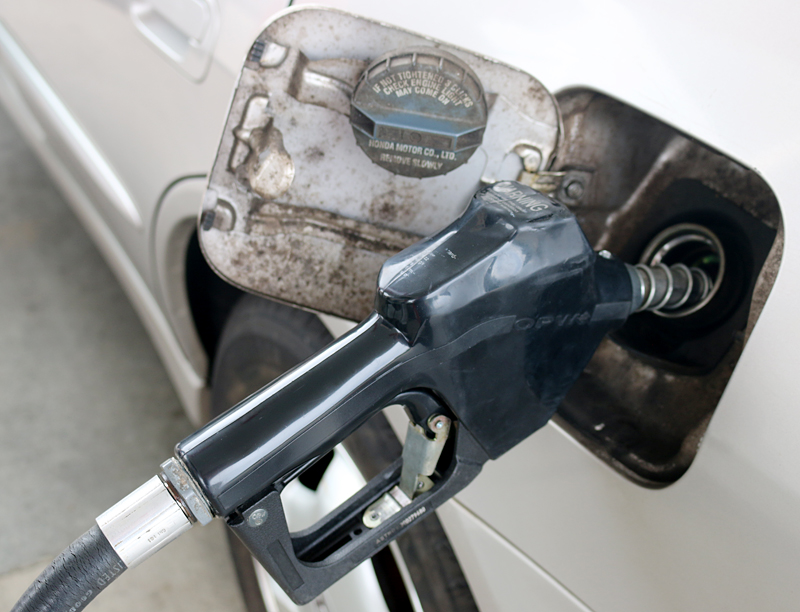New Jersey became the last and only state in the United States in which motorists pumping fuel into vehicles is against the law at any time during the day or night — anywhere in the state — when the state of Oregon permitted drivers to use pumps to fill up the tanks of their vehicles by themselves in counties with a population of fewer than 40,000 residents effective as of Monday, January 1, 2018 at 12:01 in the morning…
Pumping Your Own Gasoline in New Jersey: Will That Finally Happen?
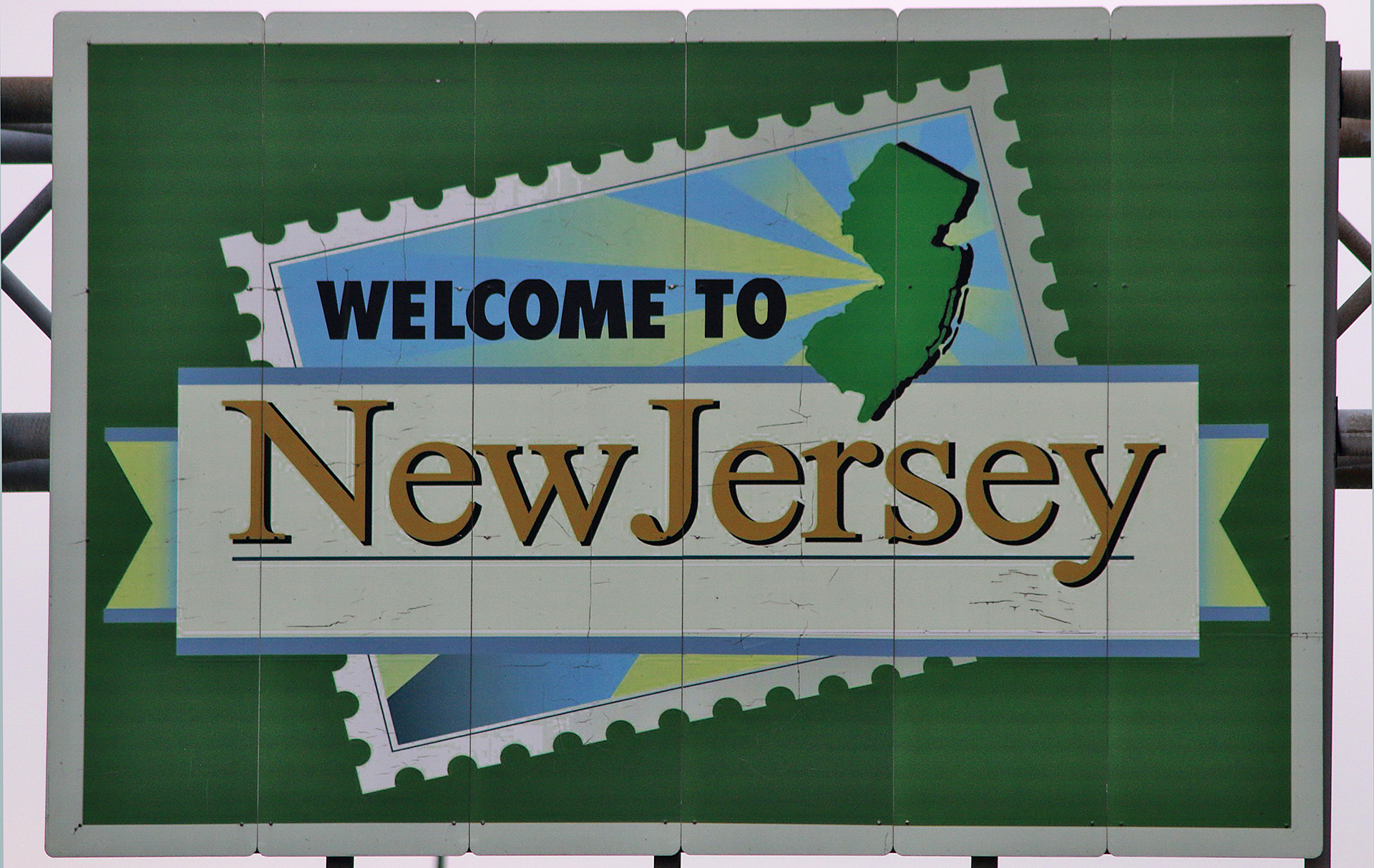
…so could you finally be able to pump your own gasoline in New Jersey in the near future?
If three members of the Assembly of the New Jersey Legislature named Carol Murphy, Ned Thomson, and Annette Chaparro have their way, you will. They introduced a bill on Monday, February 28, 2022 to allow for what is called a hybrid fueling model in New Jersey.
Bill A3105 — which is also known as The Motorist Fueling Choice and Convenience Act — would allow fuel stations the option of offering customers to pump their own gasoline, while still requiring service stations with greater than four dispensers to continue to offer full-service gasoline pumps and thereby giving consumers the option to pump their own fuel if they wish.
“Motorists are already paying a premium for full-serve gas whether they want it or not”, according to this official press release from Fuel Your Way NJ. “Gasoline retailing is the most competitive marketplace there is, and retailers believe that by moving to a hybrid model, the price of gas in New Jersey will be reduced by at least 15¢ per gallon.”
Effective as of Tuesday, November 1, 2016 for the first time since 1988, the gasoline tax in New Jersey increased by a whopping 23 cents per gallon — meaning that the state jumped from having the second cheapest gasoline in the United States to the sixth most expensive; but the price per gallon was still lower than in the neighboring states of New York and Pennsylvania.
“The bill goes far beyond federal law in providing protections for motorists with disabilities by guaranteeing there will still be many stations with full-serve”, according to the aforementioned press release. “Motorists with a disability can have their gas pumped for them at the lower self-serve price.”
The Retail Gasoline Dispensing Safety Act of 1949
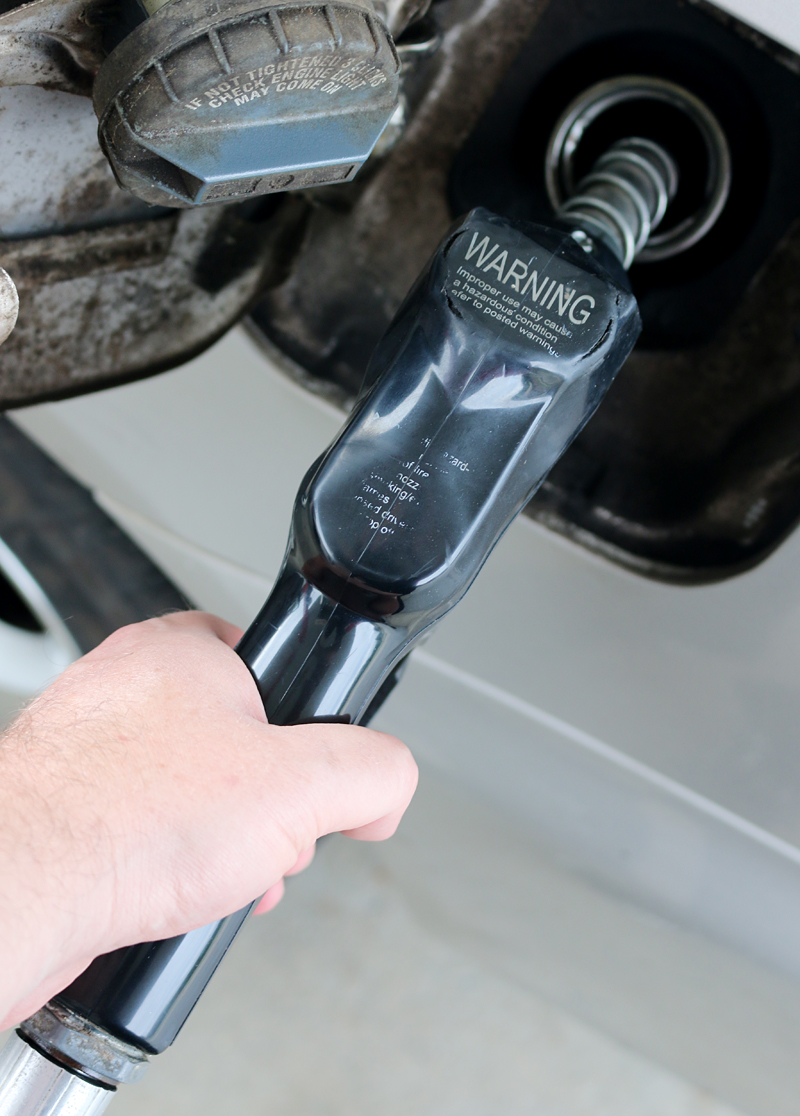
One benefit of this seemingly quirky law — which is known as the Retail Gasoline Dispensing Safety Act of 1949 — is that you do not need to leave your vehicle to have the vehicle which you are driving refueled, which is especially useful in inclement or frigid weather; while another benefit for those who fear germs or do not want the strong smell of gasoline on their hands is that they do not have to touch the fuel pumps…
…but a disadvantage is that a motorist can be forced to wait for an available attendant to fill the tank of the vehicle, which could take significantly more time. Another disadvantage is that some motorists can be hesitant about handing their credit cards over to attendants, which they may momentarily fear might not be returned to them — especially if they are without their credit cards for what they feel may be an extended period of time.
A person who is proven to have violated any provision of the Retail Gasoline Dispensing Safety Act will be liable to pay a penalty of not less than $50.00 and not greater than $250.00 for a first offense; and not more than $500.00 for each subsequent offense.
Reasons Why Self-Service at Fuel Stations is Not Permitted in New Jersey
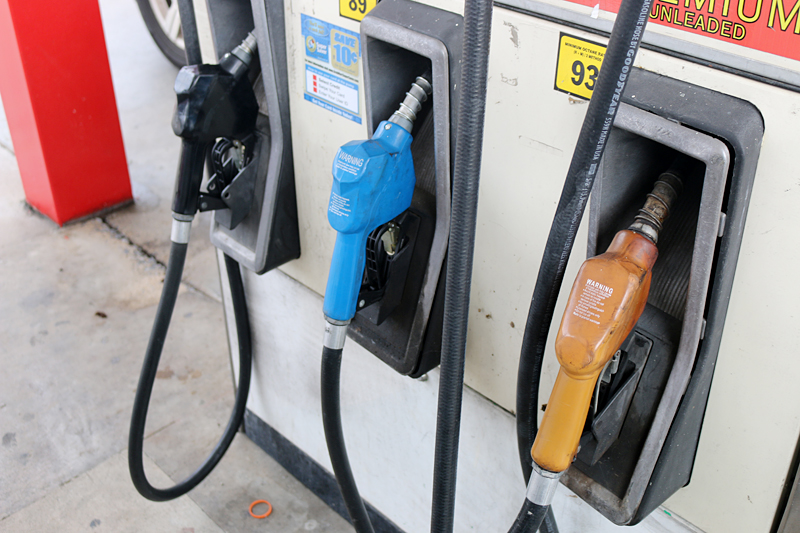
The findings of the state legislature of New Jersey from 70 years ago concurred that self-service at fuel stations should not be allowed for safety reasons, as demonstrated by this list:
- Because of the fire hazards directly associated with dispensing fuel, it is in the public interest that gasoline station operators have the control needed over that activity to ensure compliance with appropriate safety procedures, including turning off vehicle engines and refraining from smoking while fuel is dispensed;
- At self-service gasoline stations in other states, cashiers are often unable to maintain a clear view of the activities of customers dispensing gasoline, or to give their undivided attention to observing customers; therefore, when customers, rather than attendants, are permitted to dispense fuel, it is far more difficult to enforce compliance with safety procedures;
- The State needs stronger measures to enforce both compliance by customers with the ban on self-service and compliance by attendants with safety procedures;
- The higher general liability insurance premium rates charged to self-service stations reflect the fact that customers who leave their vehicles to dispense gasoline or other inflammable liquids face significant inconveniences and dangers, including the risks of crime and fall-related personal injury, which are a special burden to drivers with physical infirmities, such as the handicapped and some senior citizens;
- Exposure to toxic gasoline fumes represents a health hazard when customers dispense their own gasoline, particularly in the case of pregnant women;
- The significantly higher prices usually charged for full-service gasoline in states where self-service is permitted results in discrimination against low income individuals, who are under greater economic pressure to undergo the inconvenience and hazards of dispensing their own gasoline;
- The increasing use of self-service has contributed to the diminished availability of repair facilities and maintenance services at gasoline stations;
- Even in filling stations which offer both self-service and full-service gasoline, customers are less likely, because of the much higher price usually charged for full service, to have attendants make needed maintenance checks, thus causing significant neglect of maintenance and danger both to the customers and to other motorists, as well as the unneeded costly repairs which often result from deferred maintenance;
- The prohibition of customer self-service does not constitute a restraint of trade in derogation of the general public interest because the Legislature finds no conclusive evidence that self-service gasoline provides a sustained reduction in gasoline prices charged to customers; and
- A prohibition of self-service gasoline will therefore promote the common welfare by providing increased safety and convenience without causing economic harm to the public in general.
All Other Attempts to Change the Law Have Failed Over the Years.
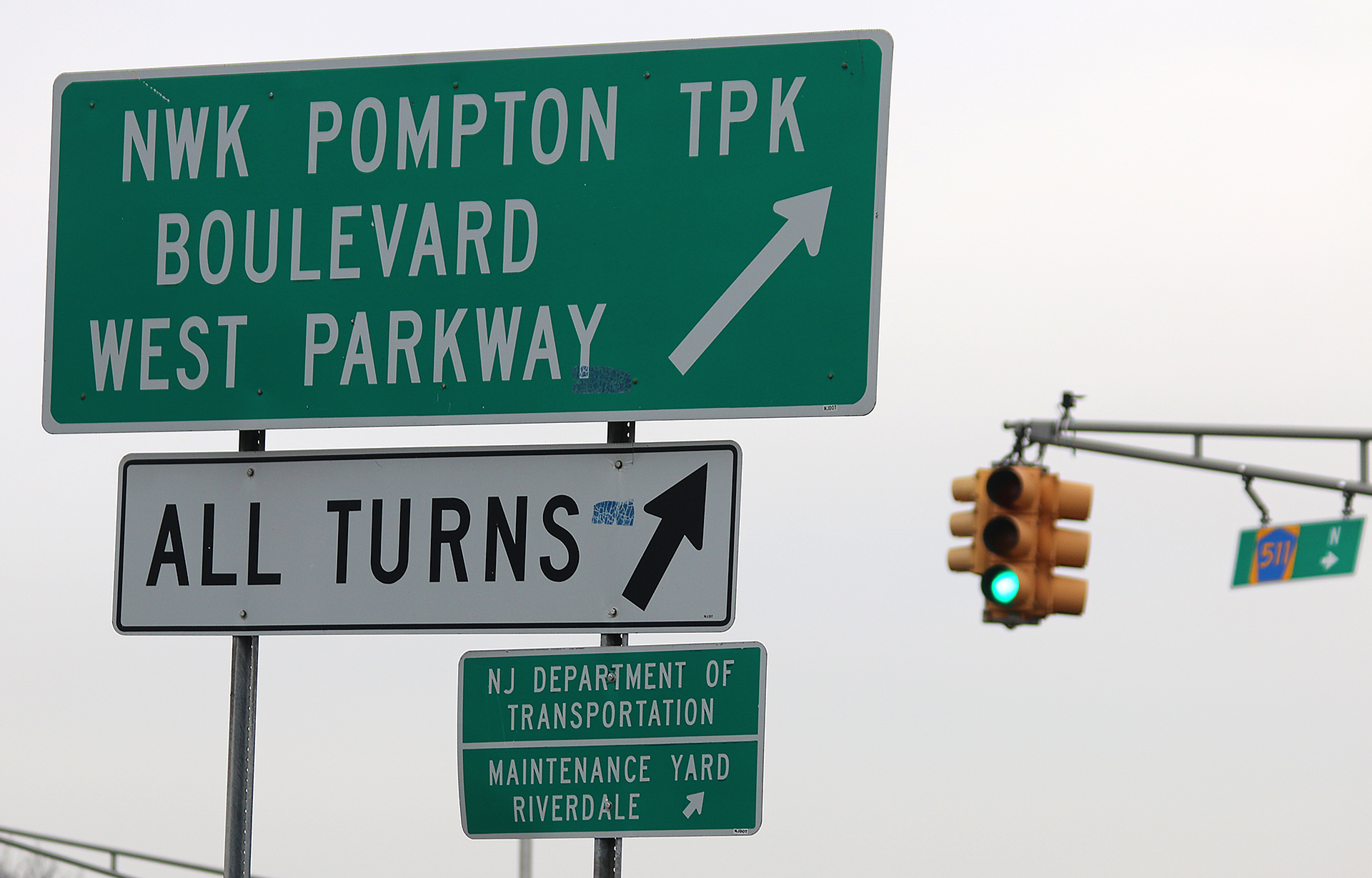
Over the years, lawmakers have attempted to change the law to allow motorists to serve themselves at fuel stations — but residents of the state of New Jersey have continuously opposed changing the law because many of them believe that changing a system which they believe has worked well is unnecessary…
…plus, they consider New Jersey to be a little more unique when compared to other states in the United States, now that it is the only state where self-service is prohibited by law at fuel stations.
A poll from the Eagleton Center for Public Interest Polling at Rutgers University in December of 2015 found that 72 percent of residents of New Jersey preferred to have their fuel pumped for them, and that 84 percent of women preferred the service.
In 2012, a poll conducted by PublicMind of Fairleigh Dickinson University found that 63 percent of voters supported the law; while only 23 percent opposed it. Once again, women were significantly more likely to support the law than men, as female support was “very strong at 72%-15%, while men support it by 55%-31%.”
Former residents of New Jersey have been known to admit that they miss not having to pump their own fuel once they have moved to another state.
Final Boarding Call
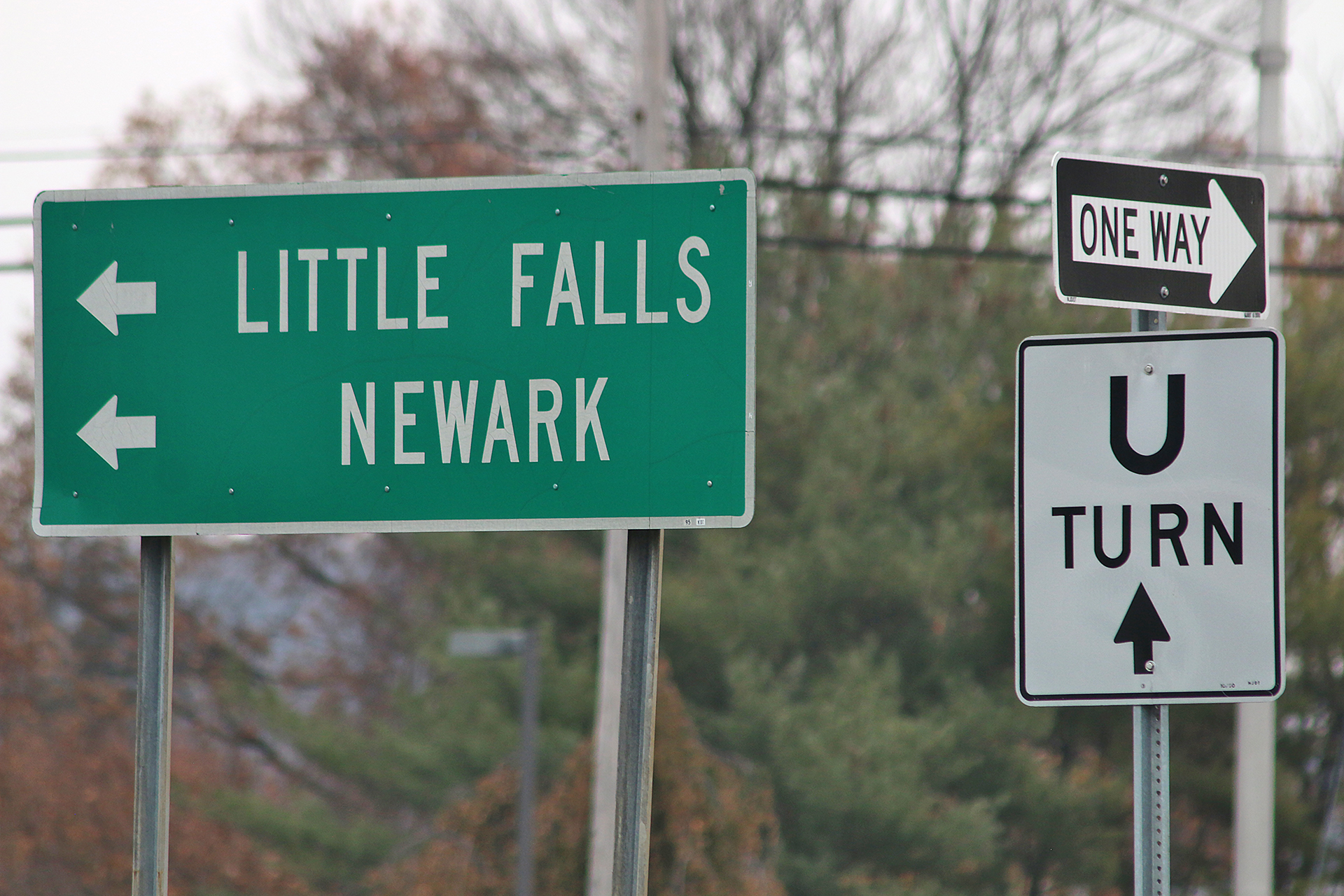
If enacted, the measure would go into effect 90 days after it is signed into law.
The safety concerns from 70 years ago have largely been mitigated, and times have changed: safer unleaded gasoline became more common throughout the country due to federal regulations; gasoline pumps offered more convenience by eventually accepted credit cards; and self-service is the norm at fuel stations in the remaining 49 states in the United States — with rarely an incident reported due to safety issues.
There was a time when fuel stations offered a choice of full-service — through which attendants offered to clean your windshield and check the level of your oil while the tank was filling with fuel — and self-service, which only requires that you pump your own fuel…
…but due to both the cost of retaining personnel to operate and maintain service and motorists willing to save money by pumping the fuel themselves, the full-service concept became extinct — and rarely does anyone hark on the bygone days when attendants paid compete attention to their vehicles.
I personally have never had a problem pumping my own gasoline — regardless of wherever in the world I may be at the time. I pumped my own diesel fuel in Iceland; but attendants at the fuel stations along the toll roads in Morocco pump the fuel into vehicles instead of the motorists…
…so I suppose that New Jersey is not the last place in the world where attendants pump fuel rather than motorists themselves…
All photographs ©2015 and ©2017 by Brian Cohen.
